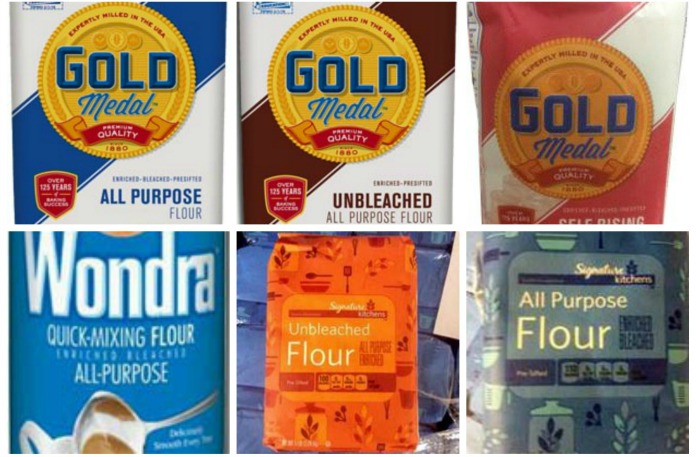The General Mills flour E. coli outbreak now includes two strains of the bacteria: E coli O121 and E. coli O26. Initially, only one strain, E. coli O121, was linked the outbreak, which now includes 46 cases in 21 states. But, whole genome sequencing tests performed by the U.S. Food and Drug Administration (FDA) identified the second strain.
 Like their better-known relative E.coli O157:H7, E. coli O26 and E. coli O121 produce shiga toxins that can cause serious illness. In this outbreak, 13 people have been hospitalized and one of them has developed hemolytic uremic syndrome, (HUS) a life-threatening complication of E. coli infections that leads to kidney failure.
Like their better-known relative E.coli O157:H7, E. coli O26 and E. coli O121 produce shiga toxins that can cause serious illness. In this outbreak, 13 people have been hospitalized and one of them has developed hemolytic uremic syndrome, (HUS) a life-threatening complication of E. coli infections that leads to kidney failure.
The new finding prompted General Mills to expand its recall of flours possibly contaminated with E. coli. On May 31, 2016, the company issued a recall of flour products produced between November 14, 2015 and December 4, 2015 and sold nationwide under the brand names Gold Medal, Signature Kitchens, and Wondra. The varieties include unbleached, all-purpose, and self-rising flours. After learning the results of the FDA’s WGS testing General Mills expanded the recall to include flours produced through February 10, 2016.
Officials from the FDA and the Center for Disease Control and Prevention (CDC) urge consumers to to check their pantries for the recalled products, as flour has a long shelf life.
Symptoms of an E. coli infection include abdominal cramping and diarrhea that can be bloody. Anyone who has eaten the recalled flour and develops these symptoms should seek medical attention.
E. coli infections should not be treated with antibiotics or anti-diarrheal medications as they can worsen symptoms or cause life-threatening complications such as HUS. HUS develops in about 5 to 10 percent of E.coli cases and most commonly affects young people. In addition to kidney failure, HUS can cause cause seizure, stroke, coma and death.




